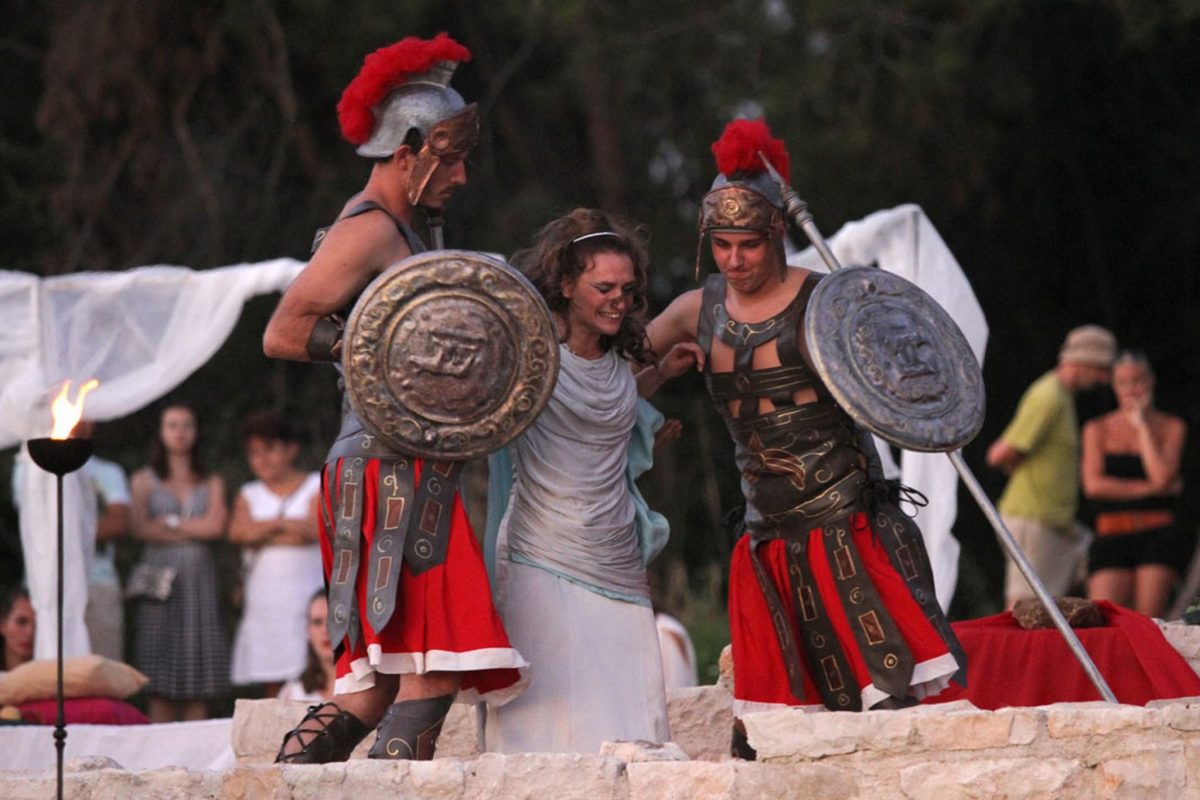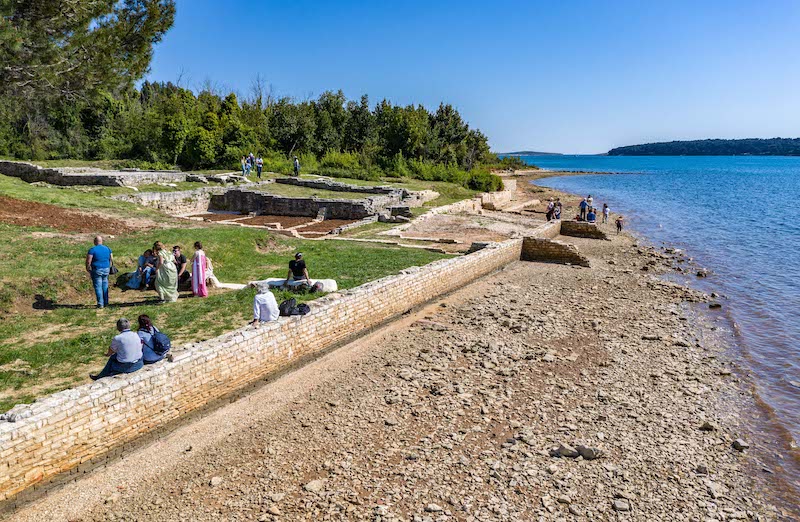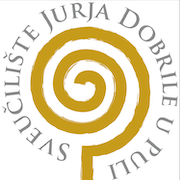 Europska unija |
Projekt je sufinancirala Europska unija iz Europskog fonda za regionalni razvoj |  |
 |
The legend of Crispus

One of the most famous residents of the imperial villa at Vižula was Caesar Crispus (Flavius Julius Crispus), a great Roman general, loved by his people and soldiers, and the first-born son of Constantine the Great. Crispus' actual date and place of birth have not be confirmed, but it is believed that he was born in 295 somewhere in the Eastern Roman Empire. His mother Minervina was either a concubine or the first wife of the Emperor Constantine, who in the early 4th century eventually married Fausta, the daughter of Emperor Maximian.
Archaeologists have pointed out that there is a strong probability that Crispus, after his step-mother Fausta had accused him of rape and intending to dethrone his father, found shelter at Vižula before being executed. Constantine the Great, who had his first-born son executed at the behest of his wife, unfortunately realised too late that Crispus was a victim of imperial intrigues. When he realised what his wife had done, he had her suffocated in an overheated bath after she had given birth to their daughter.
According to Ammianus, Crispus was tried at the court in Pula in 326 and executed in a nearby imperial villa, which was decorated with geometric mosaics from the period. However, even though everything indicates that Crispus was killed in the Vižula villa, this has not been determined with certainty.
Theatrical performance at the Roman archaeological site

Visitors to the Vižula Archaeological Park can experience the legend of Crispus and his terrible death by watching a play that is performed here at the archaeological site in the summer. The play consists of eight theatrical scenes and takes visitors back to the year 326 and the execution of the legendary Roman general. The revived legend shows how Fausta tried to seduce Crispus, how Constantine had him executed and how Constantine's mother, Helena, discovered the conspiracy and headed to Jerusalem in search of the tomb of Jesus. The play will be performed on 18th July, 7.30 pm. More informations.
 |
 |
 |
 |
 |
 |



